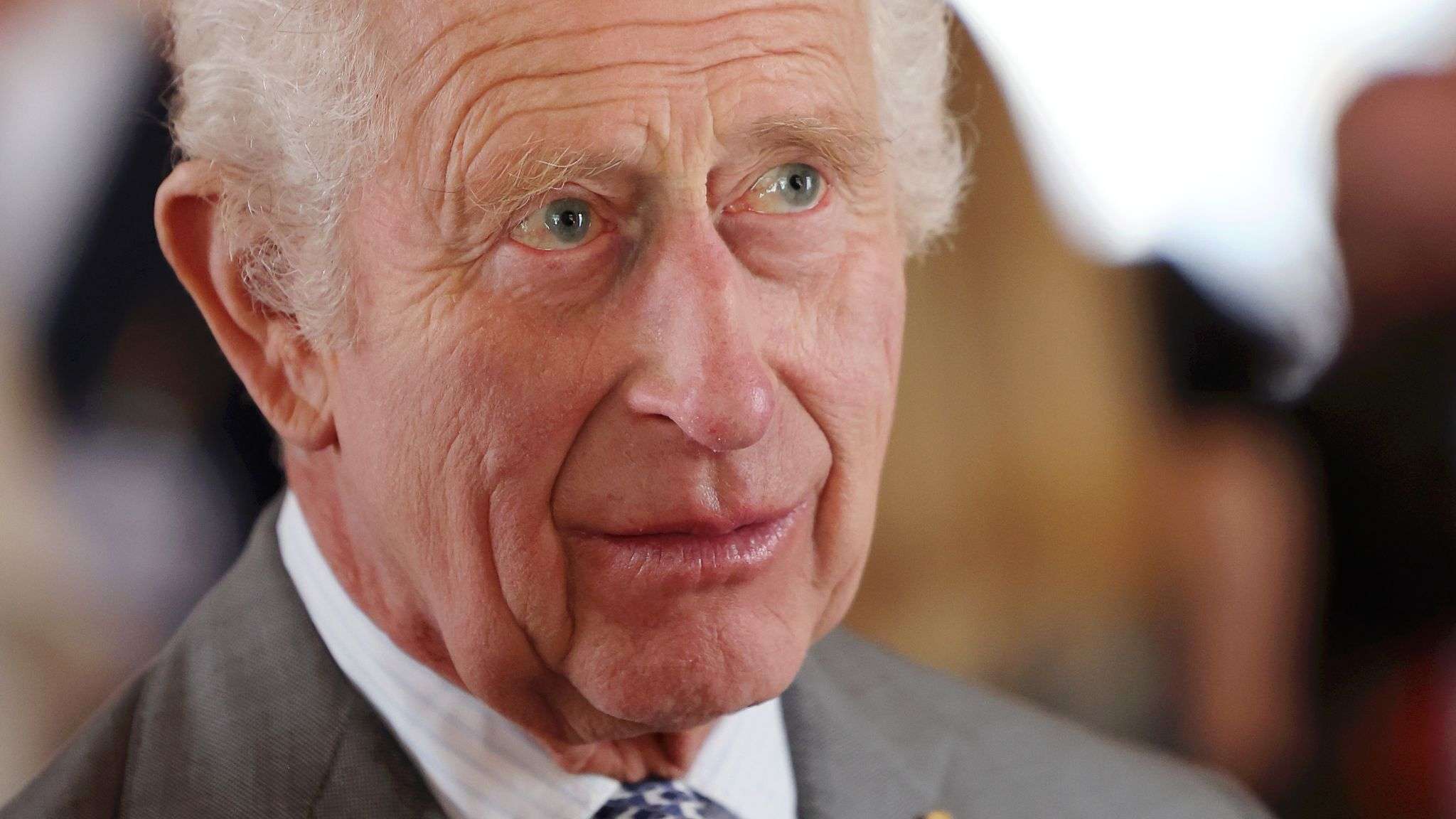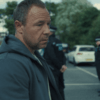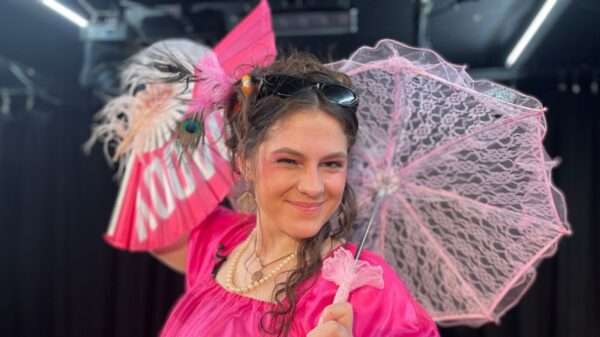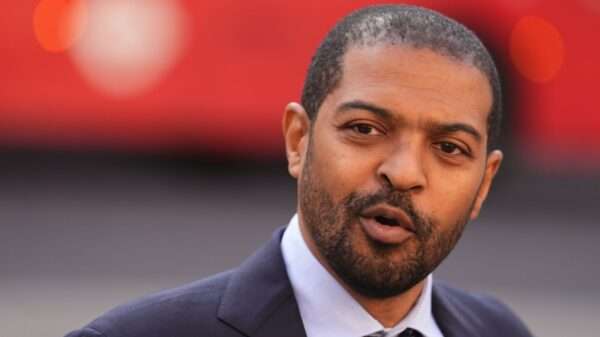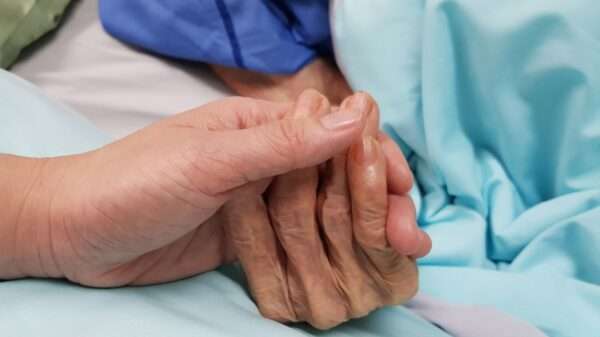King Charles III has reportedly expressed a keen interest in staying informed about ongoing protests across the United Kingdom, signalling a significant concern for public sentiment and civil unrest. According to Sky News it has learnt that the monarch has requested daily updates on demonstrations from senior officials. This move highlights the King’s desire to remain actively engaged with the current social and political landscape, especially in a period marked by growing public dissatisfaction and protest activity.
The request for daily briefings reflects an awareness within the monarchy of the complex relationship between the Crown and the public. While the British royal family traditionally maintains a non-partisan stance, the King’s interest in these updates suggests a recognition of the need to understand the broader social dynamics that may influence public opinion and potentially affect the monarchy’s standing.
At the same time, the British government, led by Prime Minister Keir Starmer, has taken a firm stance against disruptive protests. In recent statements, both the prime minister and senior police officials have made it clear that the government will enforce the law rigorously to deter and punish any illegal protest activities. This includes swift action against those who engage in behaviour deemed unlawful, signalling a tough approach to maintaining public order.
The intersection of the King’s interest in protest activities and the government’s hardline response underscores the delicate balance between upholding the right to peaceful protest and maintaining social order. The King’s request for regular updates could be seen as an effort to monitor the potential impact of the government’s policies on public perception and to gauge whether the measures taken by law enforcement align with broader public sentiment.
As the UK faces various social and economic challenges, including cost-of-living crises and debates over environmental policies, protests have become an increasingly common feature of the national landscape. The King’s involvement in monitoring these events, even if only from an informational standpoint, indicates the monarchy’s awareness of the critical role that public opinion plays in the nation’s stability.
The request for updates on protests may also reflect concerns about the potential for these demonstrations to escalate or spread. Given the historical significance of protests in shaping the UK’s political landscape, such as the miners’ strikes in the 1980s or the more recent climate change protests, the King’s desire to stay informed is understandable. This vigilance may be aimed at ensuring that the monarchy remains a unifying figure during times of unrest, rather than becoming embroiled in the political controversies that protests often bring to the fore.
While the King’s role is largely symbolic and ceremonial, his interest in the pulse of the nation could be seen as a modern adaptation of the monarchy’s duties. It suggests a monarch who is attuned to the issues facing the country and is conscious of the need to be informed about matters that could have far-reaching consequences for the nation’s unity and stability.
King Charles III’s request for daily updates on protests represents a notable development in how the monarchy interacts with current events in the UK. This initiative, coupled with the government’s commitment to using the full force of the law against unlawful protests, illustrates a nuanced approach to navigating the challenges of governance and public sentiment in modern Britain. The King’s engagement in this area, while subtle, is a reminder of the monarchy’s enduring relevance in the face of societal change.
































